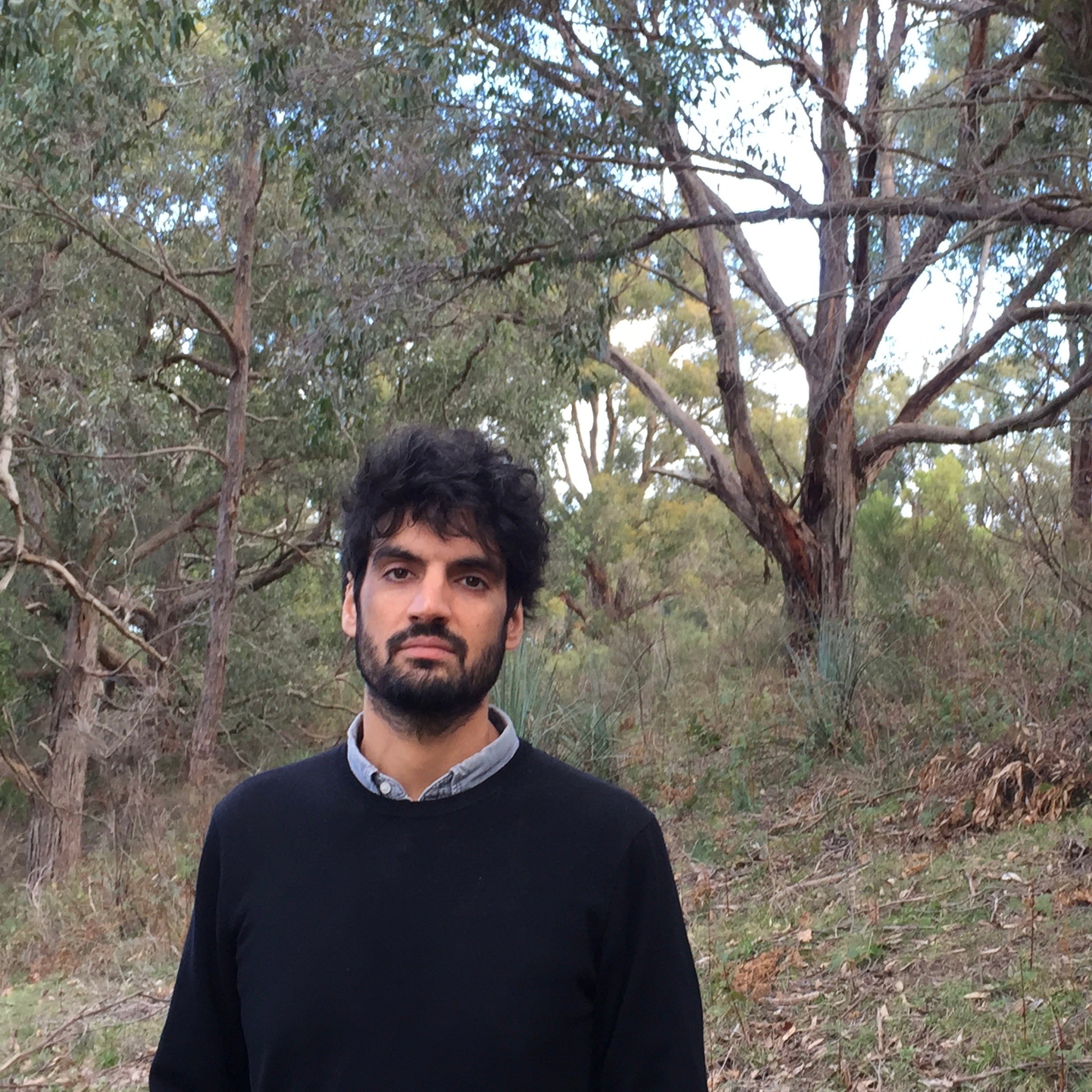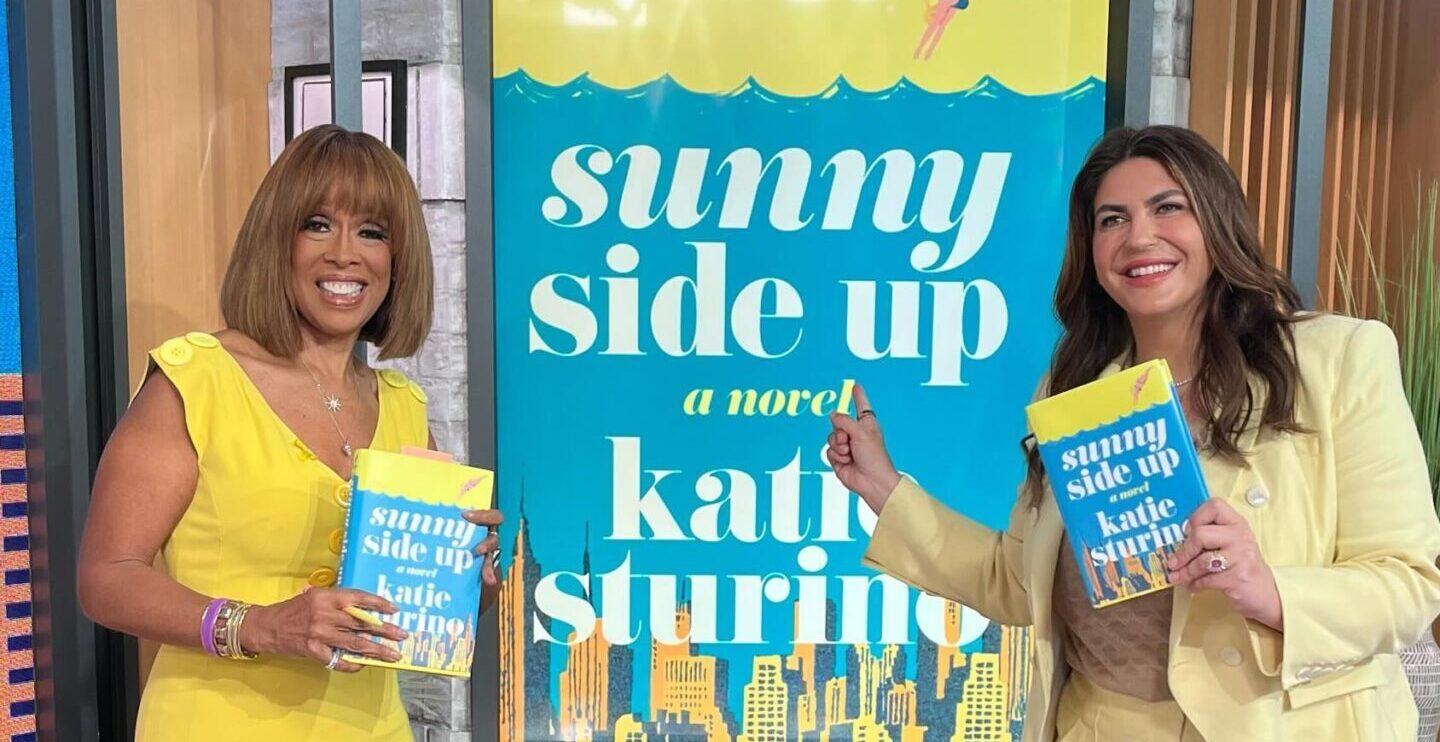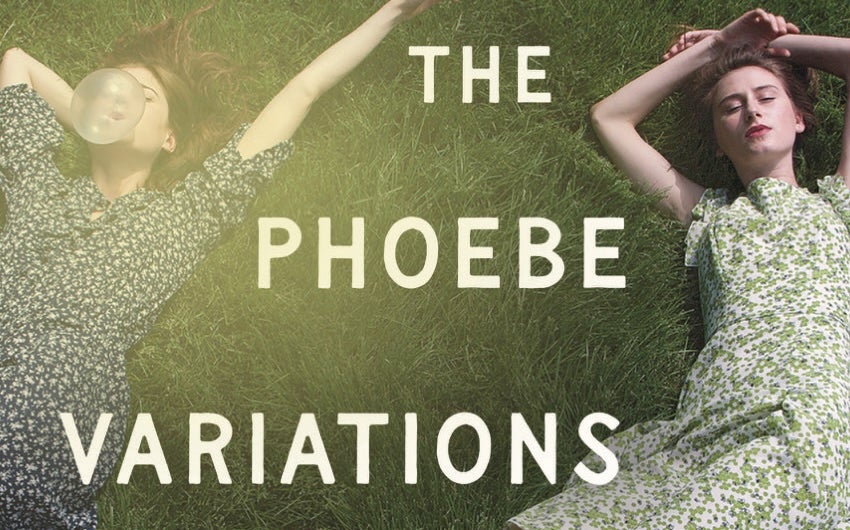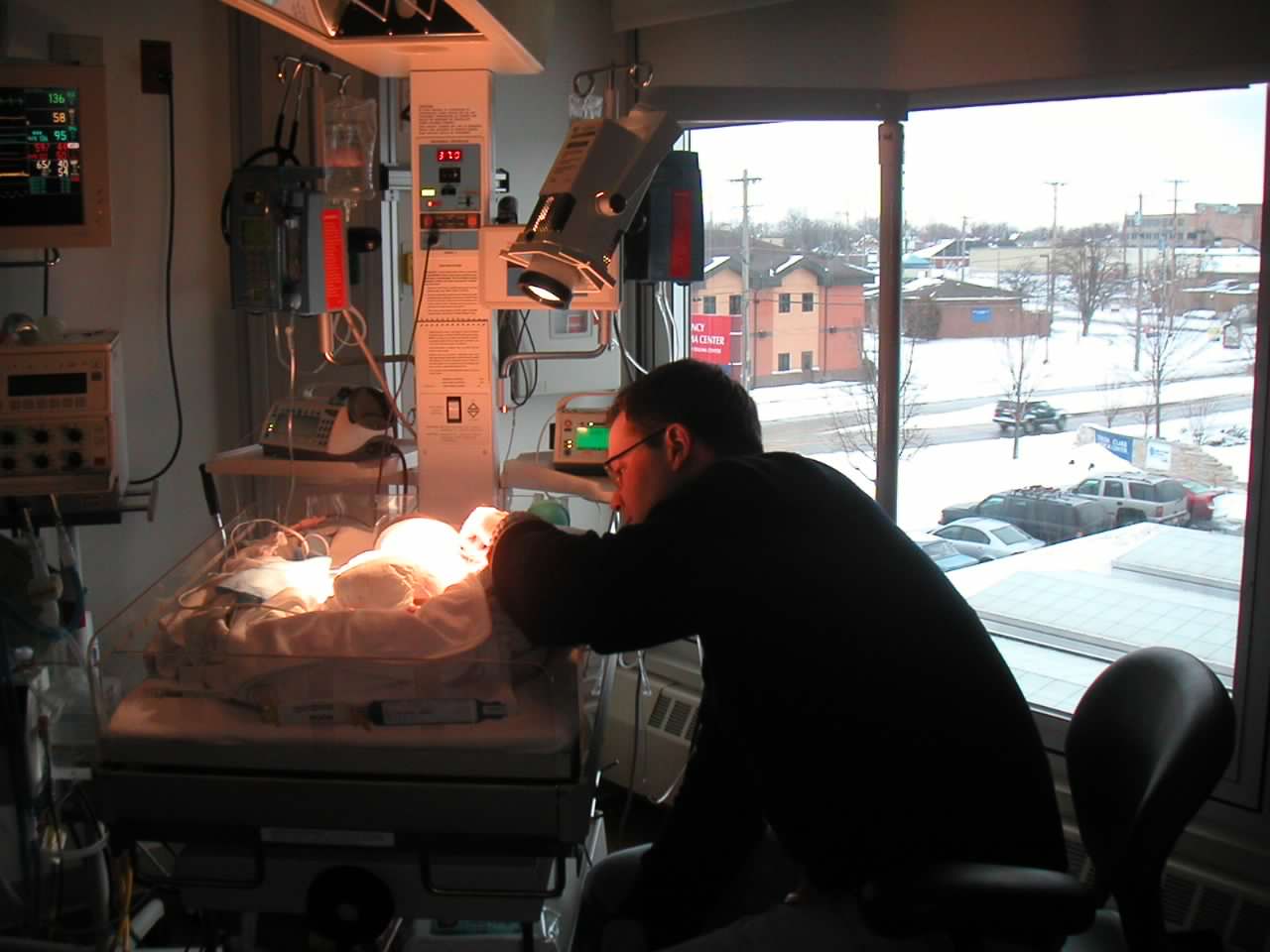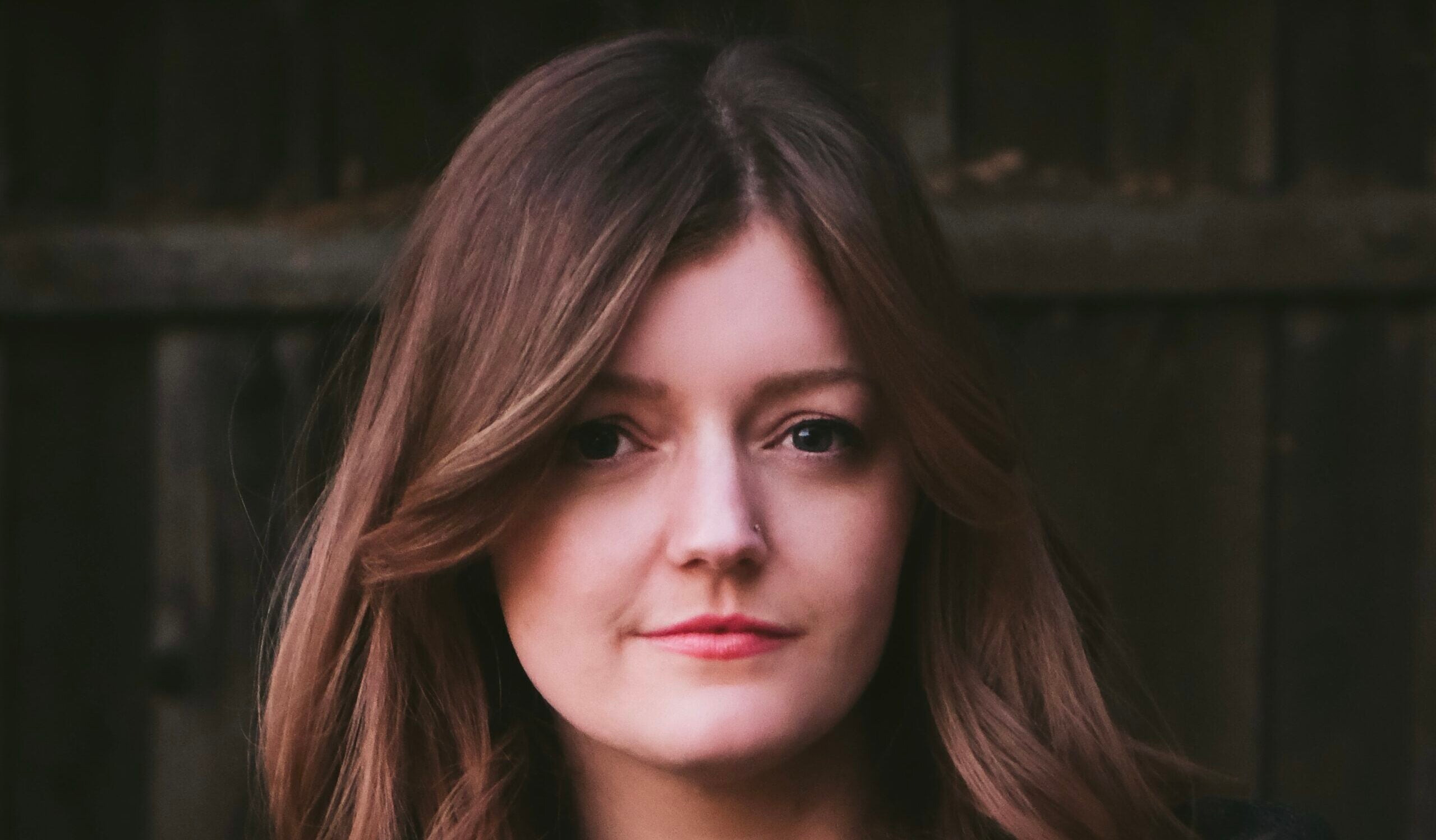Vijay Khurana’s debut novel, “The Passenger Seat,” has been described as “a searing examination of male friendship and the broader social implications of masculinity in an age of toxic loneliness,” as written in the press release by publisher Biblioasis.
“The Passenger Seat” focuses on two teenagers, Adam and Teddy, who live in a Canadian border town and both have complicated relationships with the people in their lives, including each other.
The two teens embark on a chaotic road trip. And it doesn’t end well.
News with a little more humanity
WPR’s “Wisconsin Today” newsletter keeps you connected to the state you love without feeling overwhelmed. No paywall. No agenda. No corporate filter.
Khurana’s novel is based on killings that occurred in Northern British Columbia in 2019. So how did that inspire him to write “The Passenger Seat”? WPR’s “BETA” talked with him to find out.
This interview has been edited for clarity and brevity.
Vijay Khurana: I was already very interested in this sort of story. I’d been writing a lot of short stories about the ways in which the sexuality of straight young men influences their friendships, their relationships with other people, the way they see the world.
I was writing a few short stories that also had violence in them. And then, when I read about this kind of real-life story, there were a couple of echoes in there that really felt quite important to my thinking.
One of which was just the shape of the road trip. There were also some details in there that I felt were especially tragic. One thing that I put in the novel is this really tragically childish attempt to sort of disguise the car that my two characters are driving.
But I do really see this novel as being quite different. I’m not trying to retell real events. I’m not trying to write any kind of true crime or anything like that, by any means.
Doug Gordon: What made you decide on “The Passenger Seat” as the title of your book?
VK: It felt very apt because there’s this whole question running through the book of who is actually in charge. You’ve got these two characters, Teddy and Adam. They’re quite different in many ways. They’re friends.
Adam is the only one who has the driver’s license, so Teddy is technically stuck in that passenger seat. And of course, the passenger seat has these overtones of passivity. If you’re in the passenger seat, you tend not to be responsible for what happens in that vehicle.
But there’s this question throughout the whole book about who’s leading who, who’s passive, who’s a victim, and how do men often paint their portrait as a victim of their own actions? So I think it was a pretty important title that came to me early on.
DG: I think it’s the perfect title, and that’s very well said. What do you think it means to perform masculinity, and what does it reveal about your novel’s main characters?
VK: I have a sense that young men often see themselves reflected through those around them. Be they friends, or be they rivals, or be they even somebody on a bus or a train who might even feel threatened by them, or who might feel disgusted by them, or any number of things.
So I think there are any number of ways in which young men move through the world that are similar to what goes on in the novel. Obviously, I’m taking things to extremes.
But I think that young men require to see themselves as being part of a story, as being part of a narrative. There’s a line in the novel: “Young children are taught to share their toys with pride and reluctance.” I think those two things — that pride in what you have, but also reluctance to let anyone else in or to share in a true sense — there’s a selfishness there, maybe, or a self-focus that I think is certainly what’s going on in this novel.
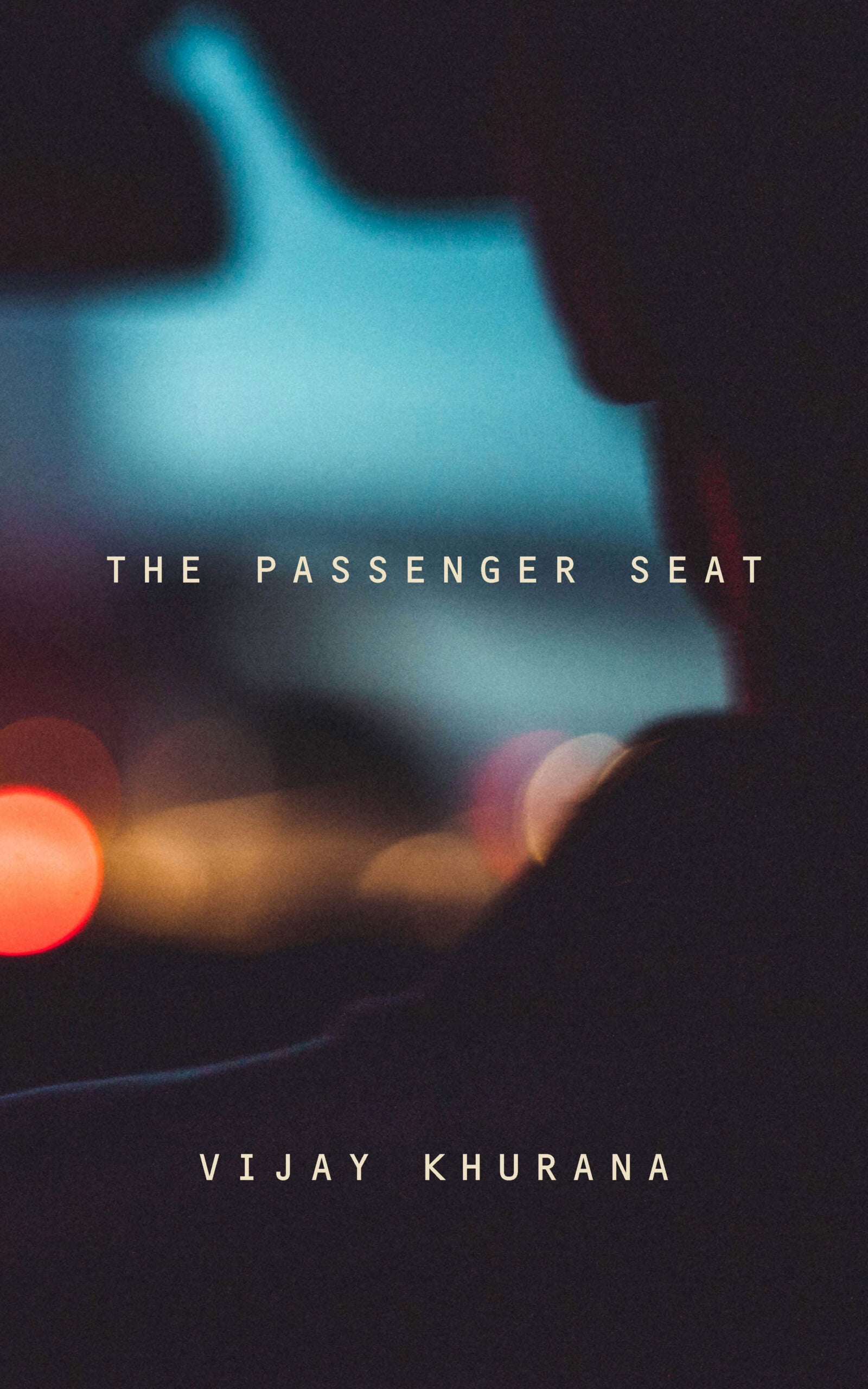
DG: Definitely. There is this undercurrent of foreshadowing violence that builds very slowly. We see Teddy and Adam getting a bit more violent with their words or their actions, and they’re engaging in some one-upmanship, but then Teddy shoots two people, and that was a huge surprise for me.
I was not expecting that at all. It was just, whoa! I had to go back and read that. Is that what I just read? Very powerful.
I’m curious about how you went about building that scene, and how does this level of violence affect the friendship going forward, the friendship between Teddy and Adam?
VK: Yeah, I think it was the writer Hilary Mantel who once said, “The hardest thing you can do as a writer is to make something happen suddenly.” And there’s a sort of inevitability to what happens. And obviously you could talk about the Chekhov’s Gun idea.
They buy this rifle, so the expectation is it’s going to be shot at some point. But it was a really hard scene to write because spending such a lot of time with these two characters was really actually quite emotionally tough.
And I also definitely didn’t want to give a sense that the violence was in any way being treated as entertainment in the book. But I felt it had to be there, as well. I felt we had to see this moment where these potentially harmless games between two friends and this one-upmanship turns into something much more serious and irrevocable.
DG: You have said that your characters are, in many ways, just really terrible people doing really terrible things. Do you have any empathy for them?
VK: That’s a good question. I will say this: Somebody said to me recently, “How do you feel about the prospect that readers might think, well, you’re humanizing these terrible people?”
And my response to that was, “Humans do this sort of stuff all the time.” So if we don’t read them as at least human, then maybe we’re missing something, you know? Maybe we’re not going to learn anything about what is a really serious problem and a problem that just keeps happening over and over again.
So I wouldn’t say I have that much empathy for them, honestly. And yet, of course, probably like any writer, there is a lot of me in those two characters. There’s a lot of me and my friendships at that age, and road trips that I took.
Of course, nothing happened in my own life like happens in the book. But it’s certainly more personal than it might seem to the reader because I was interested in all of these little moments of loneliness or affection between friends, as well.

